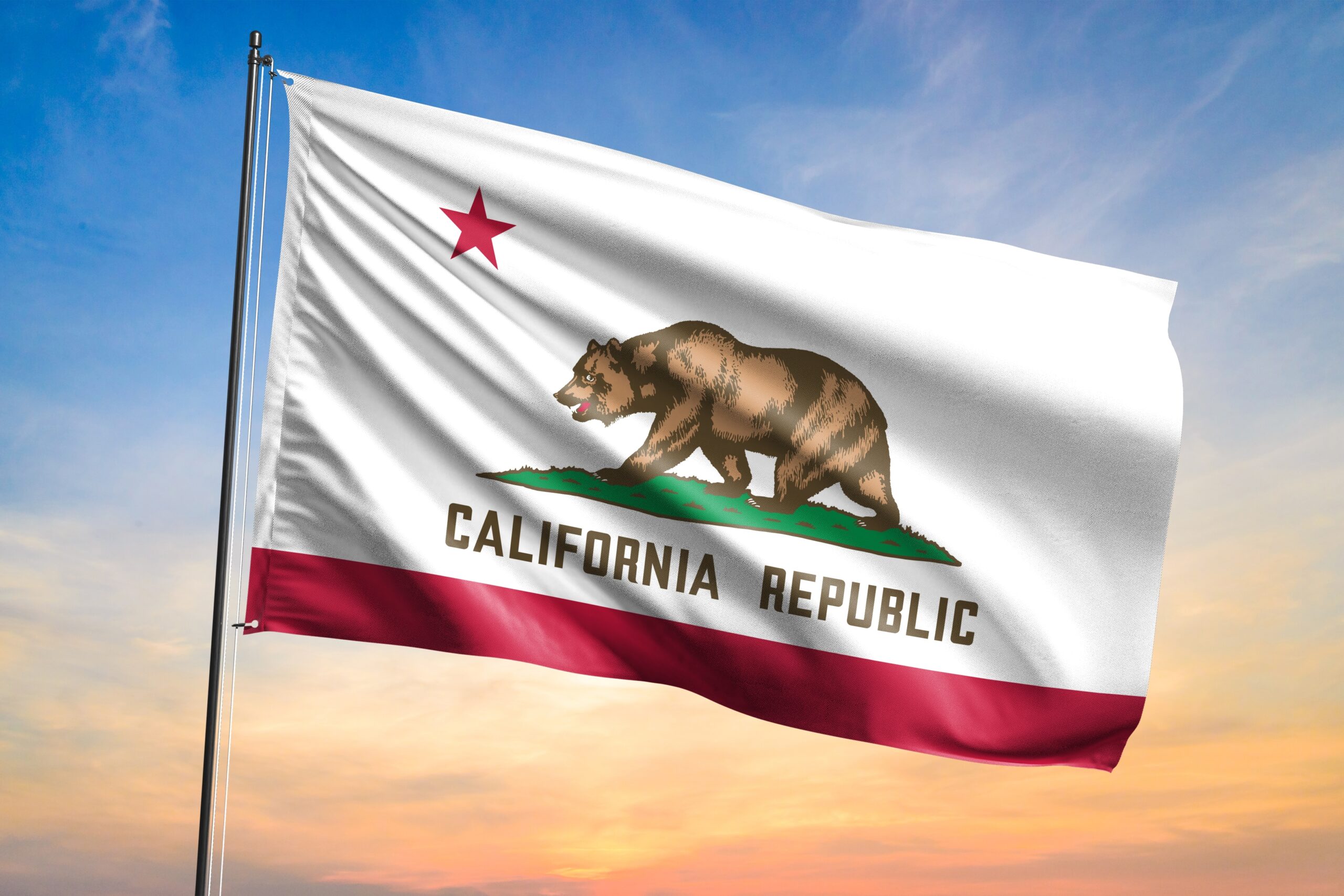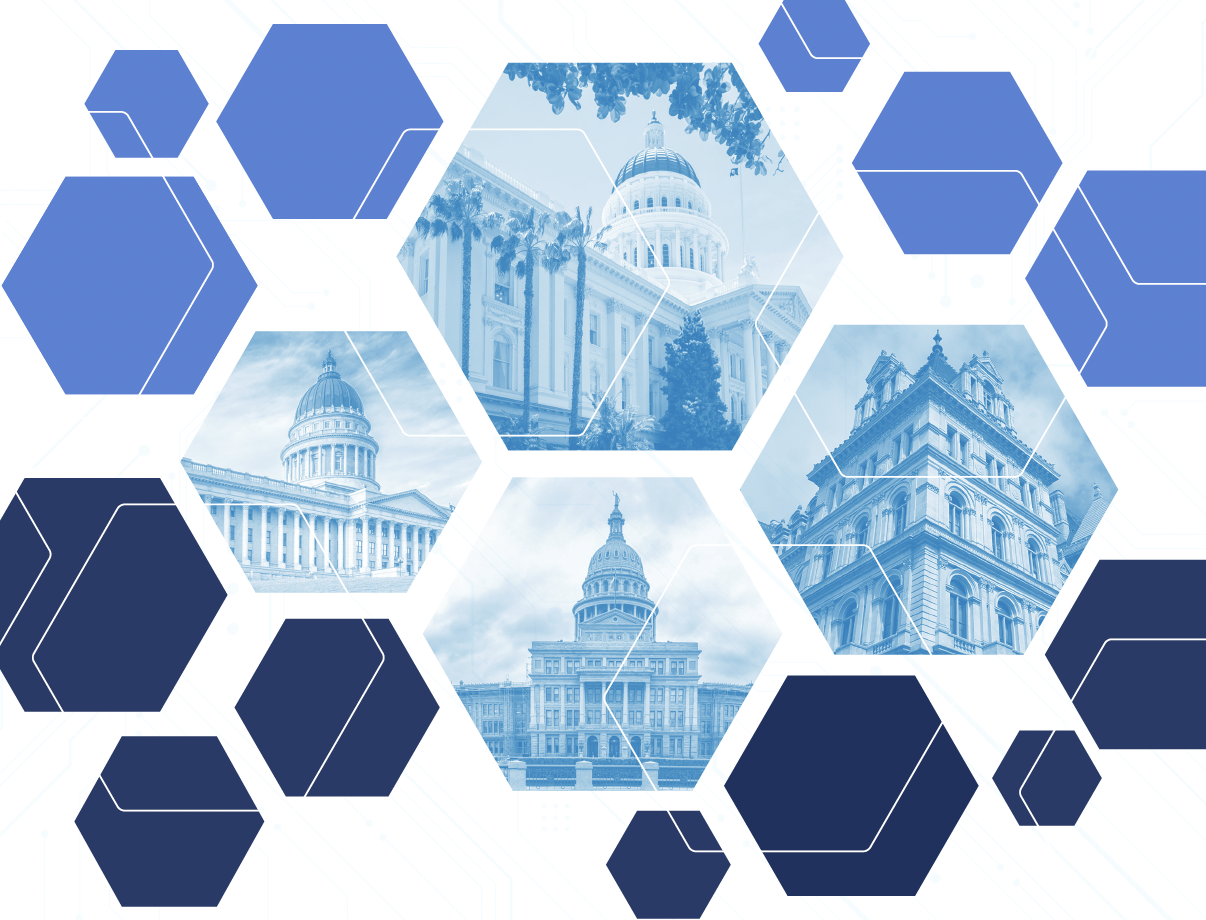Showing results for code2024 2019se india promo code sao tome 20and principe code2024 2019se tome 20and

Rethinking Personal Data: The CJEU’s Contextual Turn in EDPS vs. SRB
[…] and ownership of Banco Popular instruments. Those deemed eligible could then submit comments through an online form. More than 23,000 comments were received, each assigned an alphanumeric code. In June 2019, the SRB transferred 1,104 comments relevant to the valuation to Deloitte via a secure server. Deloitte never received the underlying identification data or […]

FPF_CCPA Regulations Issue Brief
[…] Chart: Risk Assessment (DPIA) Requirements in California, Colorado, and the EU California Colorado EU FPF Analysis: CA v. CO References California Consumer Privacy Act (CCPA) Cal. Civ. Code § 1798.185, subd. (a)(15) Colorado Privacy Act (CPA) Colo. Rev. Stat. § 6-1-1309 General Data Protection Regulation (GDPR) Article 35 This comparison chart focuses on the […]

Jocelyn Aqua

California’s SB 53: The First Frontier AI Law, Explained
[…] role in shaping “well-balanced AI policies beyond our borders—especially in the absence of a comprehensive federal framework.” Supporters view the bill as a critical first step toward promoting transparency and reducing serious safety risks, while critics argue its requirements could be unduly burdensome on AI developers, potentially inhibiting innovation. These debates come as New […]

The State of State AI 2025
[…] Beyond disclosure and safety, some bills experimented with accountability measures tied to privacy and advertising . Utah’s SB 452 (enacted), for example, prohibits mental health chatbots from promoting products during conversations unless clearly labeled as advertising. California’s AB 1064 (enrolled) initially highlighted concerns about how personal data from chatbot interactions w ith youth may […]

The State of State AI: Legislative Approaches to AI in 2025
[…] like suicide and self-harm, and restrictions on data use and advertising. Chatbots drew heightened legislative attention following recent court cases and high-profile incidents involving chatbot that allegedly promoted suicidal ideation to youth. As a result, several of these bills, like New York’s S-3008C (enacted), introduce safety-focused provisions, including directing users to crisis resources. Additionally, […]

Concepts in AI Governance: Personality vs. Personalization
Conversational AI technologies are hyper-personalizing. Across sectors, companies are focused on offering personalized experiences that are tailored to users’ preferences, behaviors, and virtual and physical environments. These range from general purpose LLMs, to the rapidly growing market for LLM-powered AI companions, educational aides, and corporate assistants. There are clear trends among this overall focus: towards […]

Concepts in AI Governance: Personality vs. Personalization
Conversational AI technologies are hyper-personalizing. Across sectors, companies are focused on offering personalized experiences that are tailored to users’ preferences, behaviors, and virtual and physical environments. These range from general purpose LLMs, to the rapidly growing market for LLM-powered AI companions, educational aides, and corporate assistants. There are clear trends among this overall focus: towards […]

“Personality vs. Personalization” in AI Systems: Responsible Design and Risk Management (Part 4)
This post is the fourth and final blog post in a series on personality versus personalization in AI systems. Read Part 1 (exploring concepts), Part 2 (concrete uses and risks), and Part 3 (intersection with U.S. law). Conversational AI technologies are hyper-personalizing. Across sectors, companies are focused on offering personalized experiences that are tailored to […]

“Personality vs. Personalization” in AI Systems: Intersection with Evolving U.S. Law (Part 3)
[…] through user-generated input. For example, a 2015 claim against Snap, Inc. survived Section 230 dismissal following a claim that a specific “Speed Filter” Snapchat feature (since discontinued) promoted reckless driving. In other cases, the personalization of a system through demographic-based targeting that causes harm may also implicate tort and product liability law when organizations […]
